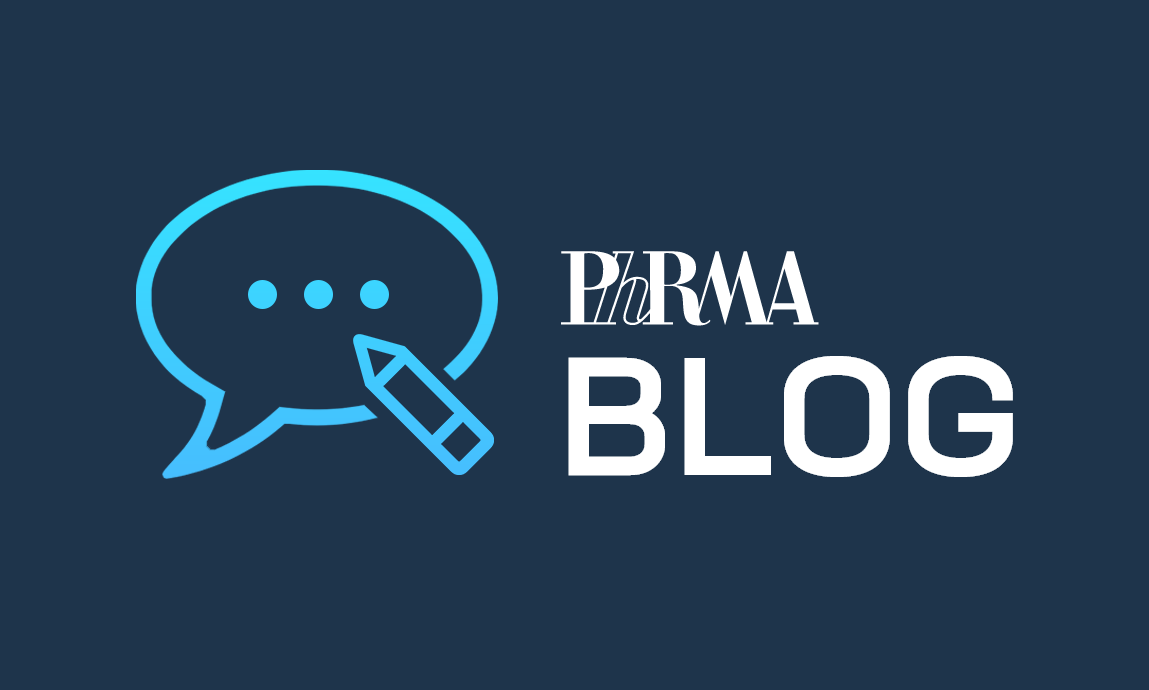New data from insurers show detriments of copay accumulator adjustment programs
New data from insurers show detriments of copay accumulator adjustment programs

New data from insurers show detriments of copay accumulator adjustment programs.
New data from insurers show detriments of copay accumulator adjustment programs

New data from insurers show detriments of copay accumulator adjustment programs.
Commercial health insurers are starting to admit what the biopharmaceutical research industry has been warning for some time: copay accumulator adjustment programs hurt patient outcomes and shift costs onto patients at the pharmacy counter. Those are some of the key findings from two new surveys that help demonstrate why these programs don’t serve the best interests of patients.
Insurers and middlemen, like pharmacy benefit managers (PBMs), have been increasingly shifting more health care costs to patients through deductibles and coinsurance. To help commercially insured patients afford these rising out-of-pocket costs, some biopharmaceutical companies offer cost-sharing assistance, which has become a critical lifeline for many patients. Unfortunately, many insurers and PBMs are implementing copay accumulator adjustment programs. These programs exclude cost-sharing assistance from patients’ deductibles and out-of-pocket maximums, which can lead to patients paying significantly more at the pharmacy counter.
In a survey from MME, about 60% of insurers strongly agree that accumulator adjustment programs can shift costs to patients. And over half of insurers believe these programs can deter patients from taking their medicines as prescribed by their doctors.
While many insurers are increasingly offering accumulator adjustment programs to plan sponsors (including employers), not all employers have opted into to this practice. In a survey conducted by MMIT, 75% of insurers and middlemen surveyed believe that employers and other plan sponsors that decline accumulator adjustment programs do so because of concerns that the programs can negatively impact patients.
Surveyed insurers also noted specific concerns that they or their employers and other plan sponsors have about accumulator adjustment programs:
If patients are less adherent to their medicines because of accumulator adjustment programs, employers and other plan sponsors could face higher overall health care costs. If even insurers recognize that these programs can be harmful for patients, then why do so many insurers insist on using them? If the insurance industry recognizes the problem these programs create for patients, it’s time they eliminate them and help deliver patient-centered solutions that will help ensure medicines are affordable for those in need.
Learn more at phrma.org/cost.